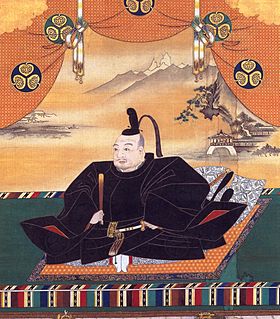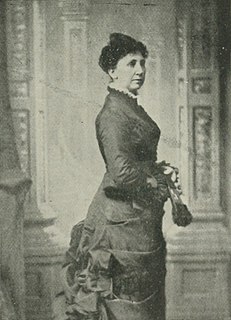A Quote by George Herbert
He quits his place well, that leaves his friend there.
Related Quotes
The service a man renders his friend is trivial and selfish, compared with the service he knows his friend stood in readiness to yield him, alike before he had begun to serve his friend, and now also. Compared with that good-will I bear my friend, the benefit it is in my power to render him seems small.
I always remember the words of George Halas, the owner of the Chicago Bears football team. When he was well into his eighties a friend found him in his office on Sunday, and asked him why, at his age, he was working on a Sunday. His response, 'It’s only work if there’s someplace else you’d rather be.'
Always man needs woman for his friend. He needs her clearer vision, her subtler insight, her softer thought, her winged soul, her pure and tender heart. Always woman needs man to be her friend. She needs the vigor of his purpose, the ardor of his will, his calmer judgment, his braver force of action, his reverence and his devotion.





































